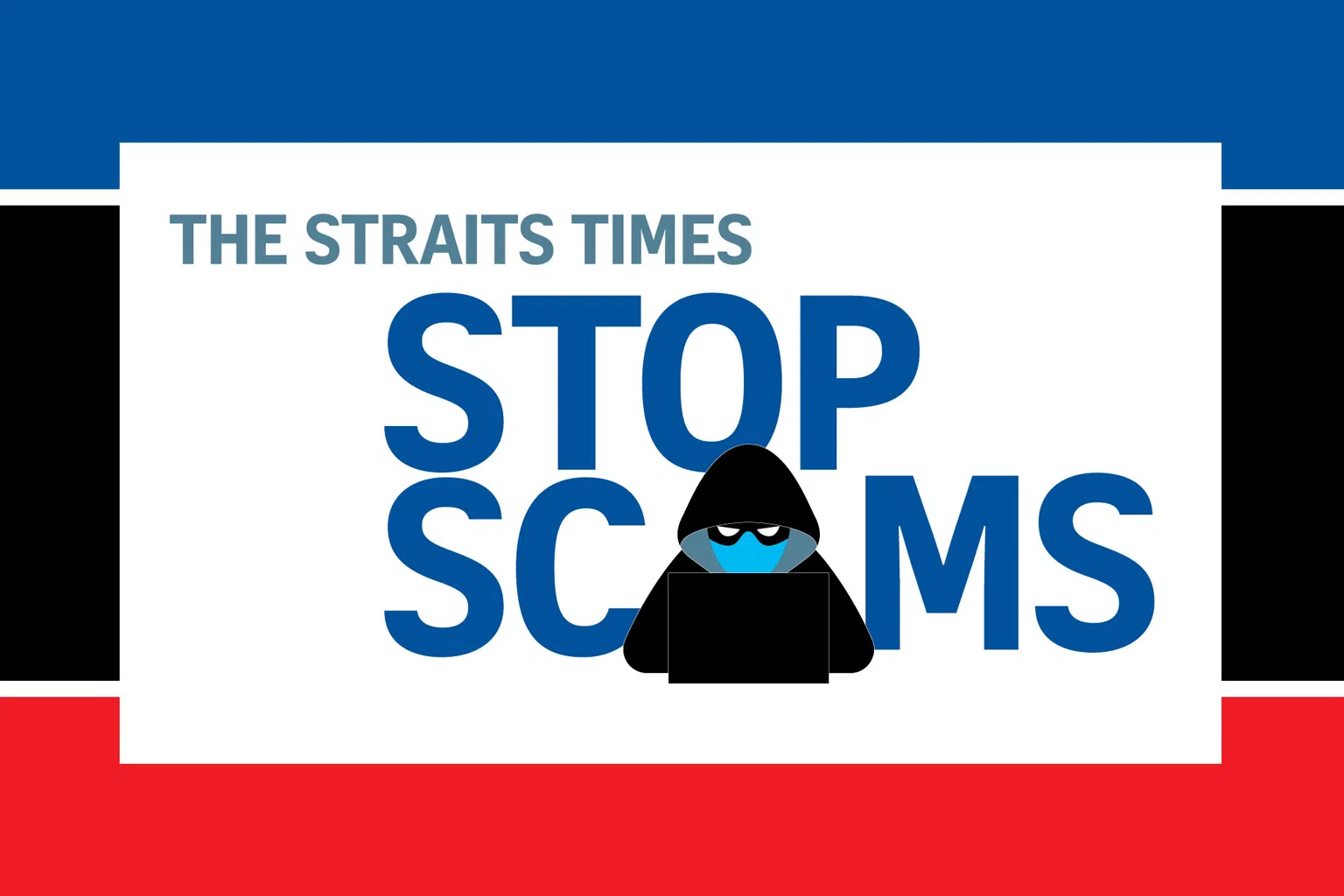Scammers duped man who took PhD, claiming he had to pay additional taxes for degree
Sign up now: Get ST's newsletters delivered to your inbox

The scammers had convinced the victim that legal action would be taken against him if he did not pay up.
PHOTO ILLUSTRATION: ST FILE
SINGAPORE - Having spent two years pursuing an online PhD from an American university, a man was told he would not get his degree if he did not pay additional taxes.
Wanting to be known only as Mike, the semi-retired executive said he had already paid about US$20,000 (S$26,500) in school fees to the university, which was a legitimate one.
But a person claiming to be from the Internal Revenue Service in the United States said he would have to pay another US$14,000 in “educational taxes” that would later be refunded, or the agency would withhold his degree and open an investigation against him.
Even though the calls and messages purportedly from the authorities in America came via WhatsApp, and not via official university channels, Mike, who is in his 60s, was afraid because of the threat of legal action.
He said: “I needed the PhD, which I worked hard for via online classes and had written a thesis for almost two years. I was afraid I would be detained when I travelled to the US for the convocation.
“My mind was really clouded, and I didn’t suspect it was a scam. They kept pressing me and so, in the end, I gave in.”
He had already been issued his transcript, but the scammers had convinced him legal action would be taken against him if he did not pay up.
But when he went to the bank in December 2022 to transfer the money, alert bank staff stopped him and had the bank’s compliance team investigate further and alert the police.
Assistant Superintendent of Police Lu Rui Jue, an anti-scam investigation officer, was alerted to the case and said he immediately sprang into action. ASP Lu said he quickly contacted Mike and went to meet him near his home.
Said ASP Lu: “The challenge with engaging scam victims, especially over the phone, is that they have already established misplaced trust with scammers and are ironically sceptical of real authorities.
“That’s why I assessed that it was important to meet him in person and assure him of my identity. Fortunately, I did so and convinced him not to make another transfer.”
ASP Lu met Mike at the void deck of the latter’s block within 20 minutes of hearing about the case, and explained to Mike that he was a victim of a government official impersonation scam.
While the degree was real and the school fees paid were legitimate, scammers had somehow been able to get his details and trick him into thinking he also needed to pay additional taxes.
ASP Lu told Mike that if the school or the authorities in America were going to take action against him, they would have contacted him via official channels and not through WhatsApp.
ASP Lu said the role of a police officer dealing with scam victims is complex. To prevent harm and further loss, it is essential to relate well with victims, to manage their emotions and gain their trust, he said.
“Once I convince them that they are victims and that I am here to help, we may then begin to bring perpetrators to justice and hopefully recover the victims’ losses.”
He spent about 45 minutes with Mike, finally convincing him that the additional taxes were a ruse and that he need not worry about his degree being rescinded.
Mike was able to get his money back because the transaction for the purported taxes had been blocked by the bank.
But he said that before that, he was confused and worried, questioning what was real and becoming sceptical of everything he came across online.
Keeping the situation to himself made things worse.
He said: “There was no one I could blame but myself. Who could I turn to?
“I didn’t want my loved ones to worry, because it was my mistake and I didn’t want others to suffer with me.”
Mike said he was grateful to the alert bank staff and the police for stepping in to prevent him from losing his hard-earned money.
He said: “I hope my story acts as a cautionary tale, because scammers are getting increasingly sophisticated and intelligent. It’s not a glamorous thing to share – falling for a scam. If I can help someone avoid making the same blunders, I’ll be happy. I don’t want anyone else to go through the trauma and agony that I’ve been through.”




